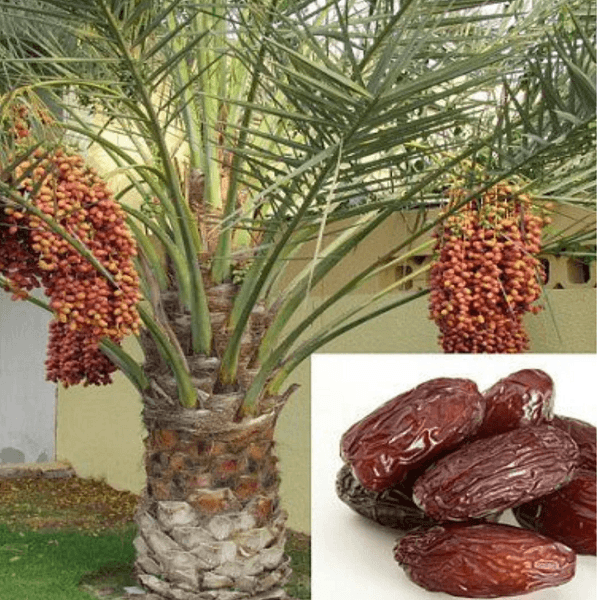
Phoenix Dactylifera, Date Palm - 0.5 kg Seeds
(MRP Inclusive of all taxes)
- Shipping ₹79 for entire order
- Country of origin: India

(MRP Inclusive of all taxes)
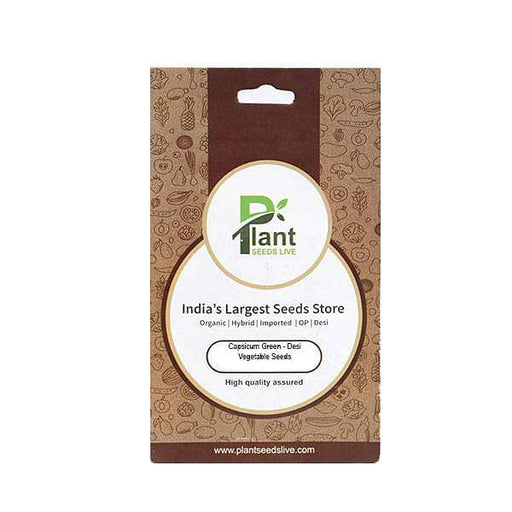
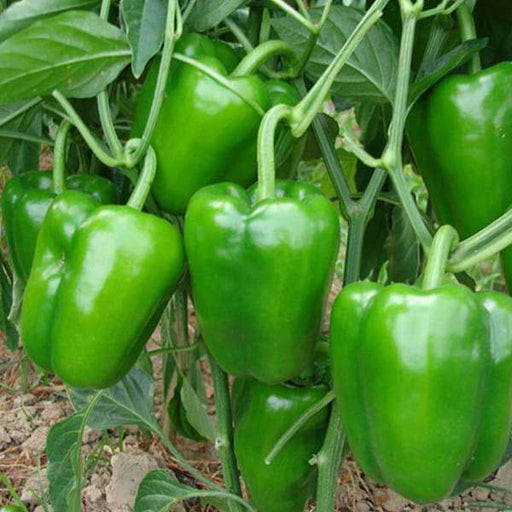 Sold out
Sold out
Capsicum Green - Desi Vegetable Seeds Capsicum Green, also known as bell pepper, is a vibrant and nutritious addition to your garden. Thes...
View full details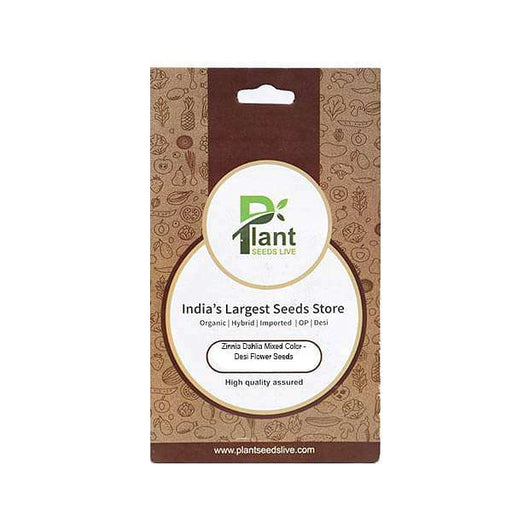
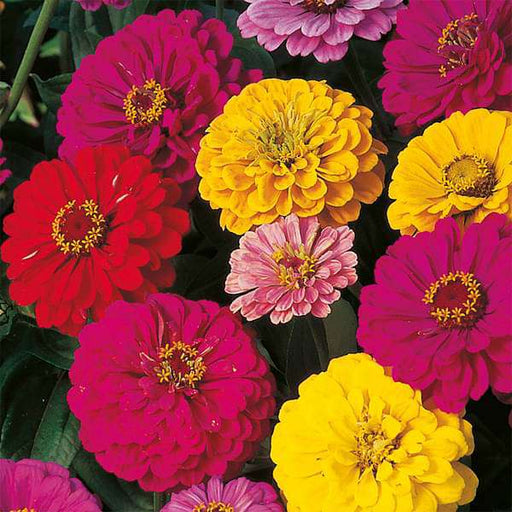 Sold out
Sold out
Zinnia Dahlia Mixed Color - Desi Flower Seeds Transform your garden into a vibrant tapestry of colors with our Zinnia Dahlia Mixed Color -...
View full details
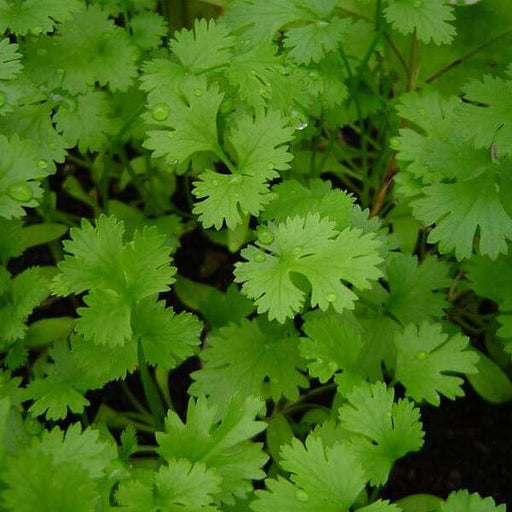 Sold out
Sold out
Coriander Panipat - Desi Vegetable Seeds Coriander Panipat is a premium variety of coriander seeds, cherished for its aromatic leaves and ...
View full details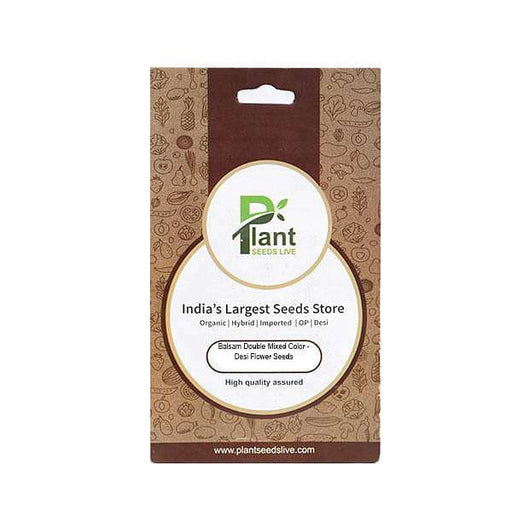
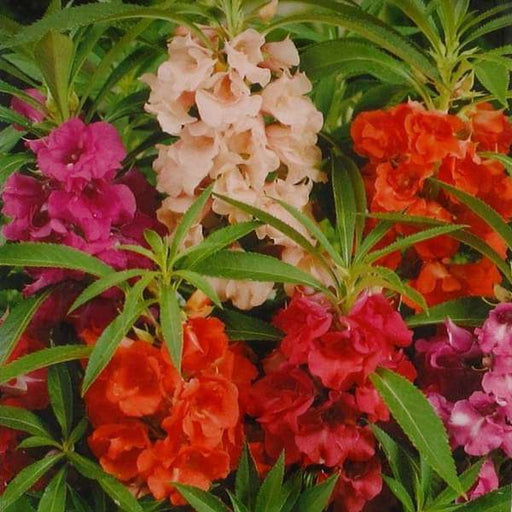 Save 25%
Save 25%
Balsam Double Mixed Color - Desi Flower Seeds Discover the vibrant beauty of Balsam Double Mixed Color - Desi Flower Seeds, a delightful a...
View full details
 Save 25%
Save 25%
Cherry Tomato, Cherry Tomato Honey - Vegetable Seeds Discover the delightful world of Cherry Tomato Honey seeds, perfect for home gardener...
View full details
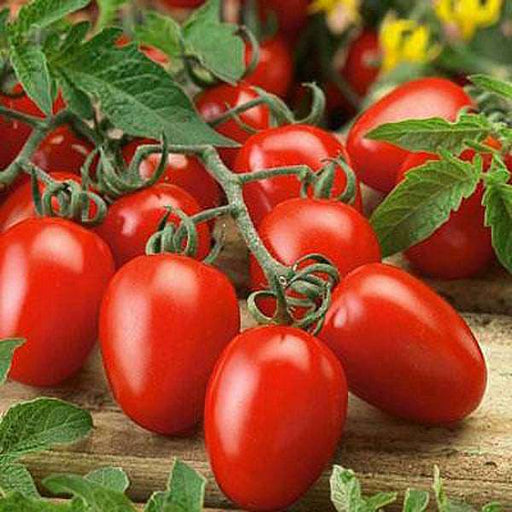 Sold out
Sold out
Tomato Pusa Ruby - Desi Vegetable Seeds The Tomato Pusa Ruby is a premium variety of tomato seeds, renowned for its vibrant red color, jui...
View full details
 Save 25%
Save 25%
Spinach All Green - Desi Vegetable Seeds Introducing the Spinach All Green - Desi Vegetable Seeds, a premium variety of spinach that thriv...
View full details
 Sold out
Sold out
Capsicum Green - Desi Vegetable Seeds Capsicum Green, also known as bell pepper, is a vibrant and nutritious addition to your garden. Thes...
View full details
 Sold out
Sold out
Coriander Panipat - Desi Vegetable Seeds Coriander Panipat is a premium variety of coriander seeds, cherished for its aromatic leaves and ...
View full details
 Save 25%
Save 25%
Cherry Tomato, Cherry Tomato Honey - Vegetable Seeds Discover the delightful world of Cherry Tomato Honey seeds, perfect for home gardener...
View full details
 Sold out
Sold out
Tomato Pusa Ruby - Desi Vegetable Seeds The Tomato Pusa Ruby is a premium variety of tomato seeds, renowned for its vibrant red color, jui...
View full details
 Save 25%
Save 25%
Spinach All Green - Desi Vegetable Seeds Introducing the Spinach All Green - Desi Vegetable Seeds, a premium variety of spinach that thriv...
View full details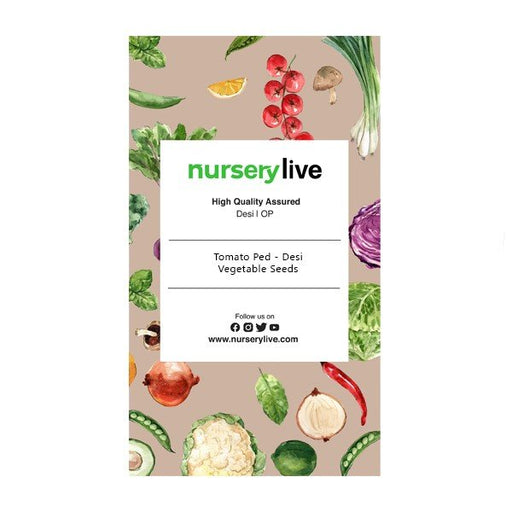
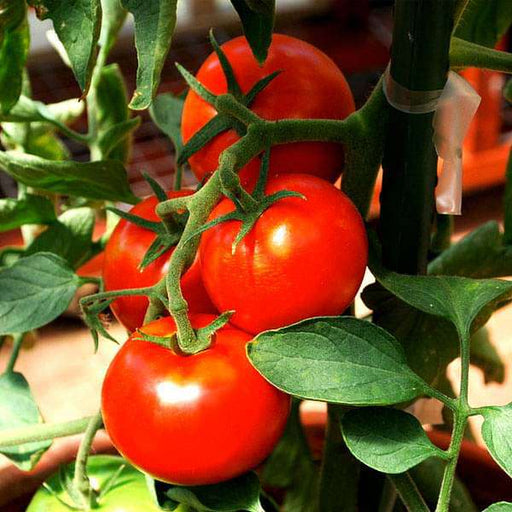 Save 25%
Save 25%
Tomato Ped - Desi Vegetable Seeds Introducing the Tomato Ped - Desi Vegetable Seeds, a premium selection of heirloom tomato seeds that pro...
View full details
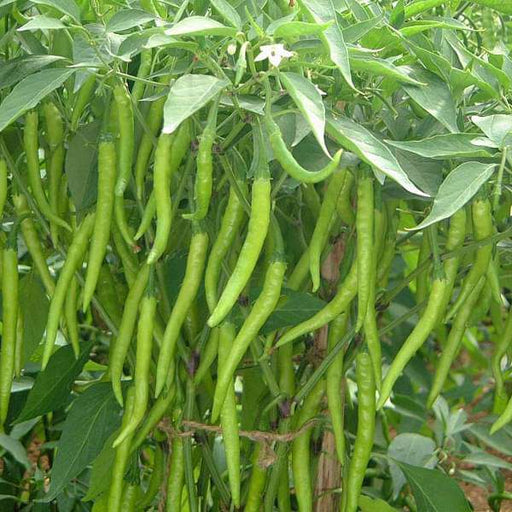 Sold out
Sold out
Chilli Surajmukhi - Desi Vegetable Seeds Introducing the Chilli Surajmukhi, a unique variety of desi vegetable seeds that brings a burst o...
View full details
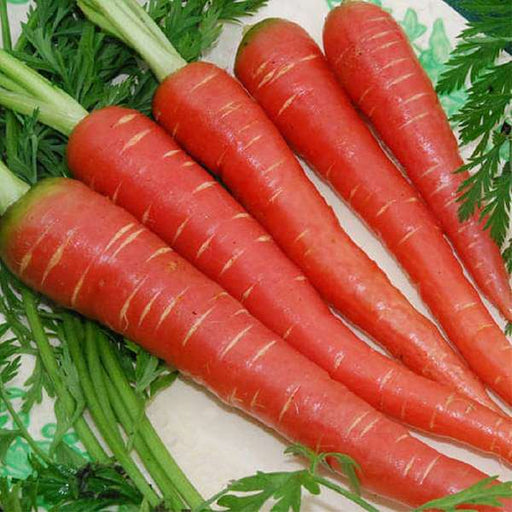 Save 25%
Save 25%
Carrot Red Long - Desi Vegetable Seeds Introducing the Carrot Red Long - Desi Vegetable Seeds, a premium variety known for its vibrant col...
View full details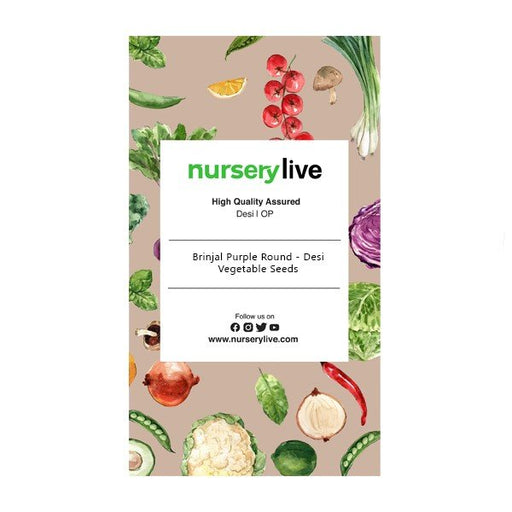
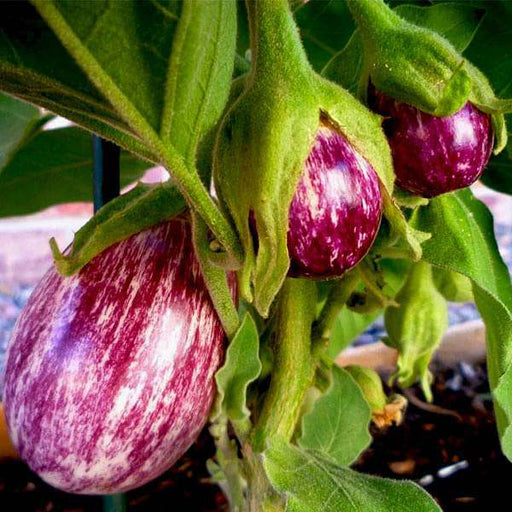 Save 25%
Save 25%
Brinjal Purple Round - Desi Vegetable Seeds Discover the rich flavors and vibrant colors of Brinjal Purple Round, a staple in Indian cuisi...
View full details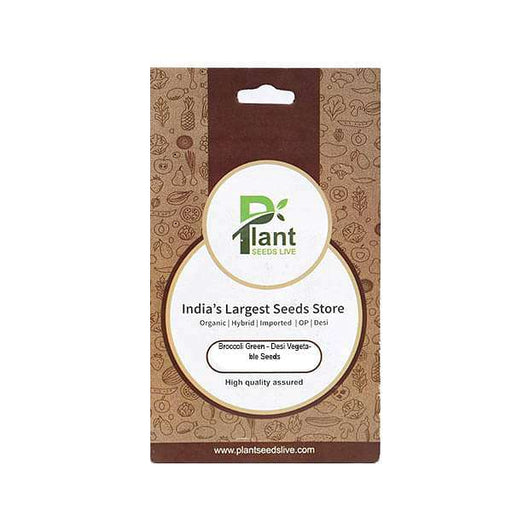
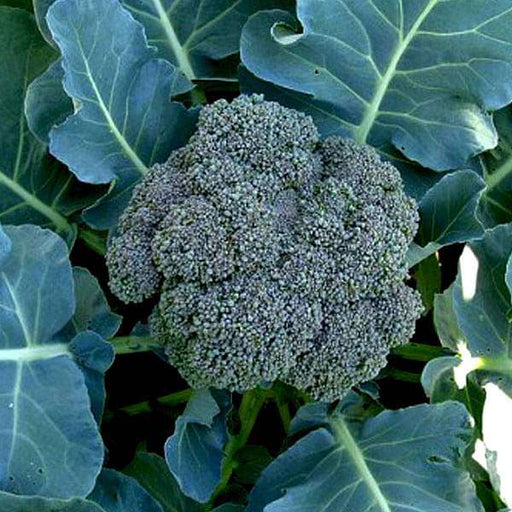 Save 25%
Save 25%
Broccoli Green - Desi Vegetable Seeds Discover the vibrant world of Broccoli Green with our premium Desi Vegetable Seeds. Known for its ri...
View full details
 Save 35%
Save 35%
Best 6 Plants for Perfect Indoor Garden Transform your living space into a lush oasis with our curated collection of the Best 6 Plants for a...
View full details
 Save up to 50%
Save up to 50%
Mini Succulent Garden Pack Transform your space with our Mini Succulent Garden Pack, featuring a delightful collection of 4 any variety beautiful s...
View full details
 Save 30%
Save 30%
5 Best Fragrant Plants Transform your garden or indoor space into a fragrant paradise with our curated selection of the 5 Best Fragrant Plants. Th...
View full details
 Save 24%
Save 24%
Set of 2 Bonsai Looking Grafted Adeniums Transform your indoor or outdoor space with our exquisite Set of 2 Bonsai Looking Grafted Adenium...
View full details Save 45%
Save 45%
Top 4 Die Hard Succulents Pack Transform your indoor or outdoor space with our Top 4 Die Hard Succulents Pack, featuring a curated selecti...
View full details
 Save 30%
Save 30%
5 Best Indoor Plants Pack Transform your living space into a lush oasis with our '5 Best Indoor Plants Pack.' This carefully curated collection fe...
View full details
 Save 25%
Save 25%
Set of 4 Evergreen Air Purifier Plant Pack Transform your indoor space into a lush, green oasis with our Set of 4 Evergreen Air Purifier Pla...
View full details| SrNo | Item Name |
|---|---|
| 1 | Phoenix Dactylifera, Date Palm - 0.5 kg Seeds |
The Phoenix Dactylifera, commonly known as the Date Palm, is a majestic tree that has been cultivated for thousands of years, primarily in the Middle East and North Africa. Renowned for its sweet, nutrient-rich fruits, this palm not only provides delicious dates but also adds an exotic touch to any landscape. With a height that can reach up to 75 feet, the Date Palm is a symbol of resilience and prosperity.
What makes the Date Palm special is its historical significance and nutritional value. Dates are a staple food in many cultures, packed with essential vitamins, minerals, and antioxidants. They are known to promote digestive health, boost energy levels, and support heart health. The Date Palm is also a sustainable crop, thriving in arid environments and requiring minimal water, making it an eco-friendly choice for cultivation.
One of the standout features of the Date Palm is its ability to adapt to various soil types and climates. It can flourish in sandy, loamy, or clay soils, and is tolerant of high salinity levels. This adaptability not only makes it a versatile plant for gardeners but also contributes to its role in combating desertification and improving soil quality.
The Date Palm plays a crucial role in its ecosystem, providing shade and habitat for various wildlife. Its deep root system helps prevent soil erosion and improves soil fertility, making it an excellent choice for sustainable agriculture in arid regions. By cultivating Date Palms, farmers can contribute to biodiversity and combat desertification, promoting a healthier environment.
Ah, the scientific name for the date palm, a tree that’s not just a pretty face in the desert! This botanical wonder is known for its sweet, succulent fruits that have been a staple in Middle Eastern diets for centuries. With its tall, slender trunk and feathery fronds, the Phoenix Dactylifera is the ultimate oasis companion, providing shade and sustenance. Plus, it’s a great conversation starter at parties—who doesn’t love a good palm tree story?
The tiny treasures that hold the promise of a towering date palm! These seeds are like nature’s little time capsules, waiting to sprout into a majestic tree. Planting them is like playing a game of botanical roulette—will you get a lush palm or a stubborn little sprout? Either way, you’re in for a treat, as these seeds can grow into a tree that produces delicious dates, perfect for snacking or impressing your friends with your gardening prowess.
Ready to channel your inner horticulturist? Growing date palms is like nurturing a diva; they need just the right amount of sun, water, and love. These trees thrive in warm climates, so if you live in a chilly area, you might want to invest in a greenhouse. With a little patience and care, you’ll be rewarded with a stunning palm that not only beautifies your space but also offers a bountiful harvest of sweet dates. Just remember, no palm tree is an island!
Caring for your date palm is akin to raising a pet—except this one doesn’t bark or meow. Regular watering, proper fertilization, and occasional pruning are essential to keep your palm happy and healthy. Watch out for pests, though; they can be as pesky as a toddler with a sugar rush. With a bit of diligence, your date palm will flourish, providing you with a tropical vibe right in your backyard. Just don’t forget to give it a name; every palm deserves one!
Dates are not just nature’s candy; they’re also packed with health benefits! Rich in fiber, vitamins, and minerals, these little gems can boost your energy levels and improve digestion. They’re like the superhero of snacks—sweet, satisfying, and guilt-free. So, the next time you reach for a sugary treat, consider swapping it for a handful of dates. Your body will thank you, and you’ll feel like a health guru in no time!
From syrup to sugar, the date palm is a versatile tree that gives us a plethora of products. Date syrup is a delicious alternative to honey, while date sugar can sweeten your baked goods without the guilt. These products are not just tasty; they’re also a great way to incorporate the natural sweetness of dates into your diet. So, whether you’re drizzling syrup on pancakes or sprinkling date sugar in your coffee, you’re in for a treat!
Cultivating date palms is like embarking on a grand adventure. It requires knowledge, patience, and a sprinkle of luck. These trees can take several years to bear fruit, but once they do, it’s like hitting the jackpot! With the right conditions—think sandy soil and plenty of sunshine—you’ll be on your way to creating your very own date palm paradise. Just be prepared for the occasional “What’s that tree?” question from curious neighbors.
Did you know there are over 1,000 varieties of date palms? Each one has its own unique flavor, texture, and appearance. From the soft and chewy Medjool to the drier Deglet Noor, there’s a date for every palate. Exploring these varieties is like going on a culinary world tour without leaving your kitchen. So, grab a few different types and host a date tasting party—your friends will be impressed, and you’ll be the date connoisseur of the group!
In a world where sustainability is key, date palm farming stands out as an eco-friendly option. These trees are drought-resistant and can thrive in arid conditions, making them a perfect choice for sustainable agriculture. Plus, they provide shade and improve soil quality, creating a win-win situation for farmers and the environment. So, if you’re looking to make a positive impact while enjoying delicious dates, sustainable date palm farming is the way to go!
The date palm has been a symbol of prosperity and peace in various cultures for centuries. From ancient Mesopotamia to modern-day celebrations, this tree has woven itself into the fabric of human history. It’s often depicted in art, literature, and even religious texts, showcasing its significance across civilizations. So, the next time you bite into a date, remember you’re indulging in a fruit that has been cherished for millennia—talk about a tasty legacy!
Want to add a touch of the tropics to your garden? Date palms are the perfect landscaping choice! Their tall stature and graceful fronds create a stunning focal point, making your yard the envy of the neighborhood. Plus, they’re low-maintenance, so you can spend less time gardening and more time sipping cocktails by the pool. Just imagine the Instagram-worthy photos you’ll take with your very own date palm backdrop—#PalmGoals!
Phoenix Dactylifera, commonly known as the date palm, is a tall, majestic tree that produces sweet, delicious dates. These trees thrive in warm climates and can live for over a century, making them the grandpas of the plant world. With 0.5 kg of seeds, you can start your own mini date palm empire!
Planting date palm seeds is as easy as pie—if pie were a seed! Soak the seeds in water for 24 hours, then plant them in well-draining soil about an inch deep. Keep the soil moist and warm, and soon you’ll have your very own date palm sprouting up to impress your friends!
Date palms are sun worshippers, thriving in hot, arid climates. They love temperatures between 100°F and 120°F, so if you live in a place where winter means snowball fights, you might want to consider a greenhouse. Just think of it as a tropical vacation for your plants!
Patience is a virtue, especially with date palms! It typically takes 4 to 8 years for your seeds to grow into fruit-bearing trees. But don’t worry, while you wait, you can practice your date-picking skills—just in case they become a competitive sport!
Watering your date palm is like giving it a spa day—just the right amount! During the growing season, water it once a week, allowing the soil to dry out between sessions. In winter, cut back to every two weeks. Your palm will thank you with lush fronds and sweet dates!
Date palms are not picky eaters, but they do prefer well-draining sandy or loamy soil. Think of it as their version of a five-star buffet! Avoid heavy clay, as it can lead to soggy roots. A little sand goes a long way in keeping your palm happy!
Yes, you can grow date palms indoors, but they’ll need a sunny spot to thrive. Think of it as giving your palm a cozy apartment with a view! Just ensure it gets plenty of light and enough space to stretch its fronds. Indoor dates are the new houseplant trend!
Absolutely! Date palms love a good meal. Use a balanced fertilizer every 6 to 8 weeks during the growing season. Think of it as a gourmet dining experience for your palm. Just don’t overdo it; too much fertilizer can lead to a very spoiled palm!
Date palms are generally tough cookies, but they can attract pests like spider mites and aphids. Regularly check your palm for any unwanted guests. If you spot them, a gentle spray of insecticidal soap will send them packing. Your palm deserves a pest-free life!
Date palms can reach impressive heights, often soaring between 50 to 75 feet! They’re the skyscrapers of the plant world, making them a stunning addition to any landscape. Just be prepared for some serious neck strain when you try to admire their fronds!
Absolutely! Once your date palm starts producing fruit, you can enjoy the sweet rewards of your gardening labor. Fresh dates are a delightful treat, perfect for snacking or adding to recipes. Just remember, patience is key—good things come to those who wait!